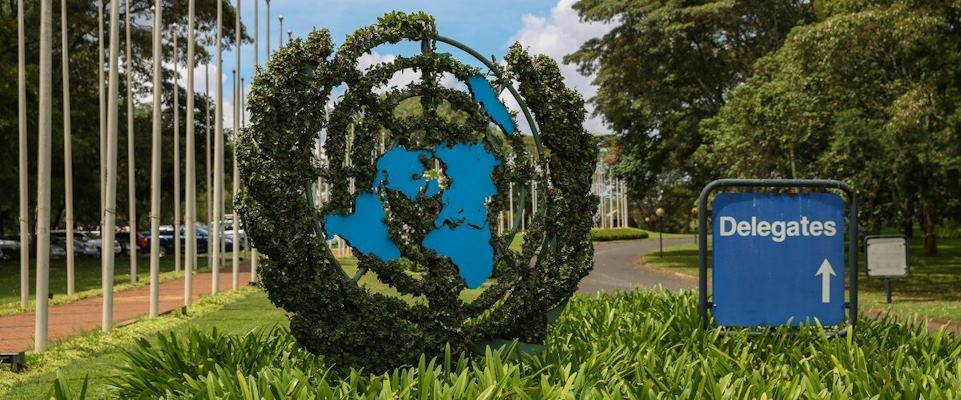Developing countries face a unique set of challenges when it comes to environmental sustainability. Struggling with poverty, limited resources, and competing developmental needs, these nations often struggle to prioritize environmental concerns. However, there is a growing recognition that sustainable development is essential for long-term economic growth and the well-being of their populations. By addressing environmental challenges, developing countries can break the cycle of poverty and achieve sustainable development. Let’s explore some key strategies and initiatives to help overcome these nations’ environmental challenges.
Balancing Economic Development and Environmental Conservation
Developing countries must balance economic development and environmental conservation. By adopting sustainable practices in agriculture, energy, and industry sectors, these nations can reduce their ecological footprint while promoting economic growth. It includes promoting sustainable agriculture techniques, investing in renewable energy sources, and adopting cleaner production methods in industries. It requires integrating environmental considerations into national development plans and policies.
Strengthening Environmental Governance
Effective environmental governance is crucial for addressing environmental challenges in developing countries. It involves creating and enforcing laws and regulations that protect the environment, establishing robust monitoring and enforcement mechanisms, and promoting transparency and accountability. Developing countries can also benefit from strengthening institutions responsible for environmental management, enhancing coordination among various government agencies, and engaging civil society and local communities in decision-making processes.

Enhancing Resilience to Climate Change
Developing countries are particularly vulnerable to the impacts of climate change, including extreme weather events, rising sea levels, and changing rainfall patterns. Building resilience to these impacts is crucial for their sustainable development. It Involves implementing climate change adaptation strategies, such as developing early warning systems, improving infrastructure resilience, and implementing sustainable land and water management practices. Access to climate finance and technology transfer from developed nations is also essential for supporting these efforts.
Promoting Sustainable Natural Resource Management
Developing countries often rely heavily on natural resources for their livelihoods and economic activities. However, unsustainable exploitation of these resources can lead to environmental degradation and loss of biodiversity. By promoting sustainable natural resource management, including sustainable forestry practices, fisheries management, and protected area conservation, these countries can ensure the long-term availability of resources while preserving ecosystem services.
Fostering International Cooperation and Partnerships
Environmental challenges transcend national boundaries, and global cooperation is essential for addressing them effectively. Developing countries can benefit from international support through technology transfer, capacity building, and financial assistance. International organizations, developed nations, and non-governmental organizations can play a vital role in providing technical expertise, sharing best practices, and mobilizing resources to support sustainable development efforts in these countries.
Recognizing that overcoming environmental challenges in developing countries requires a holistic and integrated approach is crucial. The United Nations’ Sustainable Development Goals (SDGs) provide a comprehensive framework for addressing these challenges and promoting sustainable development. By aligning their strategies and initiatives with the SDGs, developing countries can leverage international support and make significant progress in achieving environmental sustainability while addressing poverty eradication and social development.


